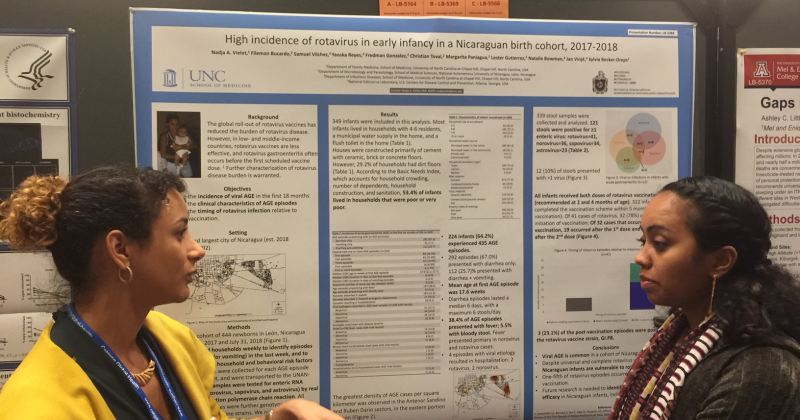Research
Striving for excellence in primary care and population health research

The UNC Family Medicine Research Program aims to lead the nation in producing rigorous, extramurally-funded primary care and population health research. Our interdisciplinary team of clinicians, researchers, and staff work closely together—and with groups across UNC and numerous collaborating universities and organizations—to generate groundbreaking evidence with a focus on advancing the health and quality of life of diverse populations across the lifespan. We engage with key stakeholders in government, industry, and the non-profit sector to ensure that we are asking the right questions and effectively disseminating the evidence we generate to inform both policy and practice. We serve North Carolina, the country, and the global community.
Research News
-

Family Medicine, Interdisciplinary Team Receive $18.6 Million NIH Grant for Center for Tobacco Regulatory Science
Stark disparities remain in who uses tobacco products and their resulting health outcomes. The University of North Carolina has received a competitive, five-year $18,600,000 grant from the NIH National Institute on Drug Abuse and the Food and Drug Administration to be one of seven Tobacco Centers of Regulatory Science nationwide. UNC’s Center, titled “Advancing Tobacco … Read more
-

Lombardi Leads New Behavioral Health Workforce Research Center
Brianna Lombardi, Ph.D., MSW, and Family Medicine colleagues are recipients of a recently awarded $4.5 million five-year HRSA grant to form a new Behavioral Health Workforce Research Center (BHWRC) at UNC. Lombardi is the Primary Investigator and the Director of the BHWRC, which will function as a sister center to the Carolina Health Workforce Research … Read more
Our Areas of Excellence




